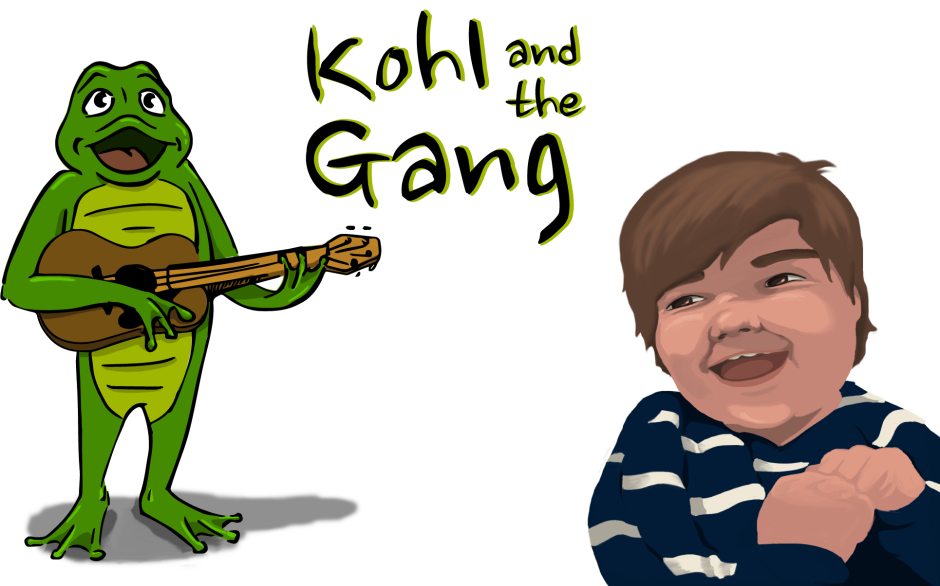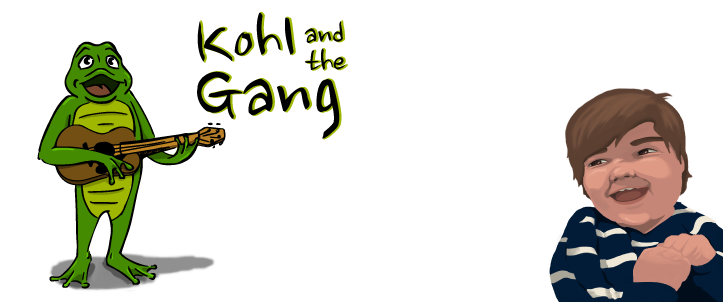In the three plus years that Kohl has been with us, reading books about other, similar journeys has been a form of therapy for me. You might say that I have read a fair share of books in the “special needs parenting” genre. And I can say with absolute certainty that this is the best one I have read so far.
What I Would Tell You is part memoir, part instruction manual for parents and other caretakers of kids with, as the author Julie Keon puts it, “medical fragility.” The book draws on Keon’s experience mothering her daughter Meredith who was born with brain damage. While she does not go into significant detail about what specific issues Meredith has, there seem to be many parallels with Kohl – e.g., the damage seems to be on the more severe end of the spectrum, she gets nutrition from a G-tube, etc.
More significantly, Julie Keon is Canadian. And if you don’t like Canadians, then go ahead, take a knee, and punch yourself in the face.
The title of the book is based on an essay that Keon wrote after observing a mother with a special needs child that was just beginning the journey that she had already traversed. The essay itself is beautifully written and chock full of pearls of wisdom. This book is an extension of that essay.
What worked for me
To me, there are three kinds of books. Those that you can’t put down soon enough; those that are engaging at the time you’re reading them, but then quickly dissipate into the ether after you finish; and those that just stick with you. This one falls in the third category.
Julie Keon is a natural writer with a knack for clearly articulating the complicated thoughts and emotions that constantly circulate in the minds of special needs parents. She describes grief as not something to fear or push away, but as someone you invite in your house for tea and conversation for a limited period of time before showing them the door. She refers to the mixture of joy and sadness you feel when friends and family have healthy babies as a way that grief unexpectedly just taps you on the shoulder to let you know it’s still there. The way she simplifies the complex emotions you go through when something traumatic happens to your child really connected with me. After all, I am very simple minded.
She also articulates things I have known to be true, but that I have never quite found the words for, such as the privilege of raising a special needs child and seeing beyond a child’s disability.
I disagree with some parents of special needs children that claim they would not change their child if they could because it would destroy the identity they have developed. If I could go back in time and make Kohl’s birth go smoothly so that he would have a healthy, normally-functioning brain and I could go play catch with him and enjoy him as I have enjoyed Amelia, I would do it without blinking an eye. But I also recognize that what happened has made me better. Julie Keon puts it much more eloquently.
[W]hen you endure something extraordinary, life can be experienced more deeply, with more succulence and less fear. You live with a greater sense of the fragility of the universe. You develop a perspective that only comes from riding out what you may previously have thought would be the end of you. Your joys may be purer and may be experienced with more frequency, simply because you have also experienced tremendous sorrow and the kind of fear that only comes from close calls with death. You become acutely aware of things that may not be noticed by those who live a fairly ordinary life. You experience life profoundly and deeply because you have walked so close to the edge of life itself, knowing full well that it can change in a heartbeat. You are aware that life is short and can be gone in a flash. You know this in your bones, and you respond to life from this knowledge, which is always just under the surface.
Perhaps the most beautiful passage in the book is at the very last chapter which she dedicates to her daughter. I have known intuitively that there is much more to Kohl than meets the eye. That behind the damaged brain lies an intelligence that we have yet to discover. Julie Keon puts it much more eloquently when describing how she sees her daughter.
What I see is your brilliance, which cannot be dimmed by a brain that functions differently than was intended. Through your eyes, I connect with your spirit, and I know that you understand so much more than we realize. You may be trapped in your body, unable to run, dance, skip or twirl, but when I hold you in my arms and you look into my eyes, I see YOU – your essence, your pureness, and that magnificent light embodied in each of us.
I am far too manly to cry. But this passage put me damned close.
What didn’t work for me
The end of the book has several entries from her blog about Meredith which eventually led to the book. Rather than having that in the book, I wish that she would have omitted that part and would just continue to blog. I would subscribe immediately.
Conclusion
Quite simply, if you love someone with special needs, this book is a must read.
this is default footer data




You had me at “Punch yourself in the Face”! It identifies a fact that I have suspected all along…our Tribe exists outside our little gatherings, a feisty, gloriously valiant collection of souls all fighting the good fight. God Bless, I DO love this book -triggers and all! I am now interested in your work too. Getting the Journey out there draws more comfort to those still isolated on The Path.
Karen,
Thanks so much! It’s amazing how quickly we have been able to establish an immediate rapport with people we have “met” online. We have gotten the chance to actually meet some of the folks we initially connected with through the Hope for HIE group. I am grateful to Julie for writing this book. It really has helped me. Maybe one day, I can meet you too!
Your review of my niece’s book is very profound and complimentary. I loved reading it. Thank you for reviewing Julie’s book.
Marilyn,
Thanks for reading the review! I have befriended Julie via Facebook, and this book has already made a positive impact on my life and the way I see Kohl. I am grateful to Julie for writing it!
I’m a little slow with making comments .. lol This is just to say you said it perfectly, describing Julie as a natural writer … and the way she writes, is just how she is. Julie is a very special person. I could add also that this book tho’ intended for parents and caregivers of special needs children, I don’t think anyone could read “What I Would Tell You” without learning something!
Well said, Joan. Although I can’t say I would have ever read this had I not been a special needs parent, you’re right. Any parent would get a lot out of reading it.
You are absolutely right! No doubt, I would not have picked this book off the shelf were it not that I know Julie personally. When I read it (having been gifted with a copy), I thought so many times …. this is good info …. and I’ve been telling anyone who will listen … lol … you need to buy this book.